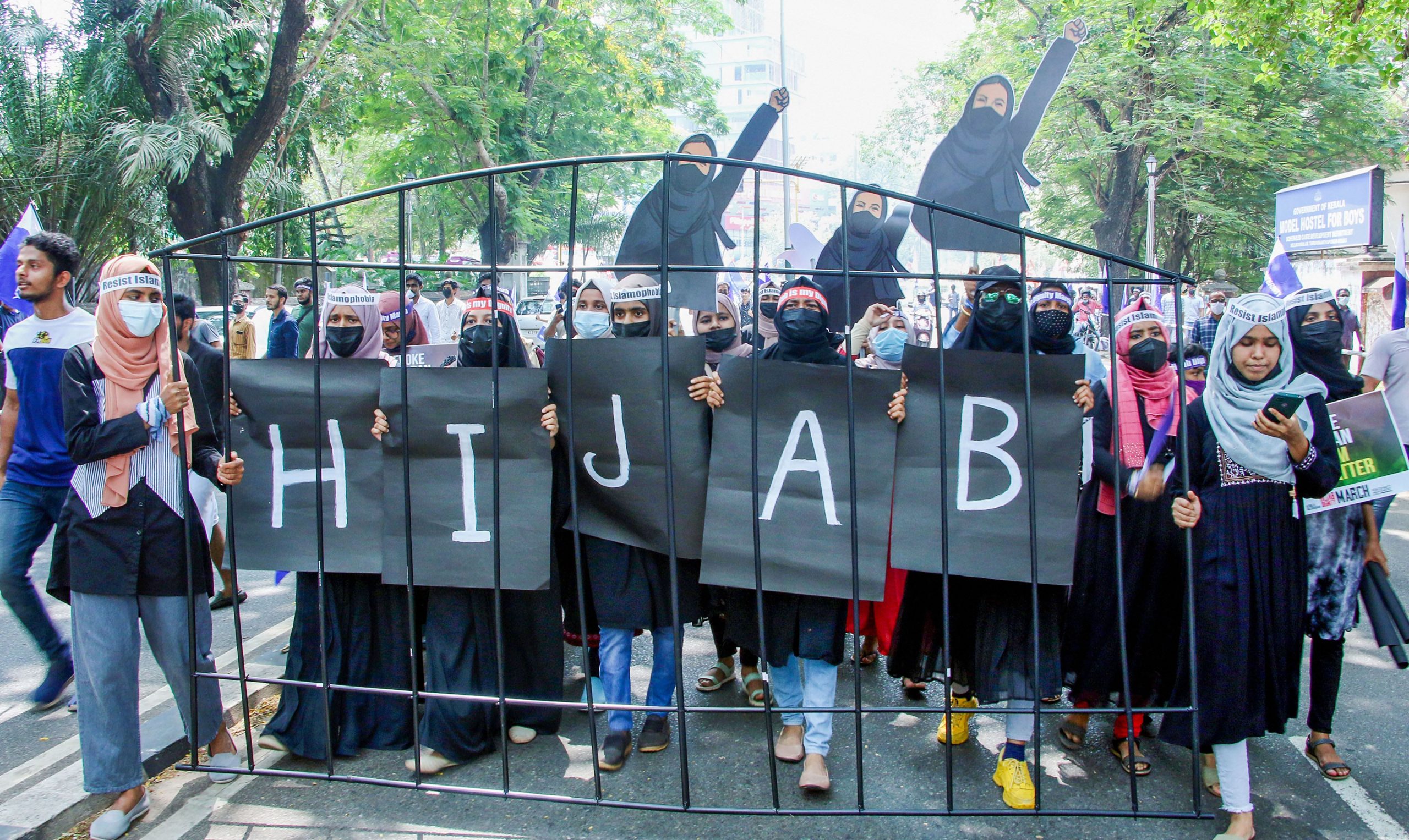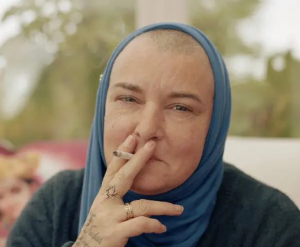Karnataka High Court ruled on Tuesday that wearing Hijab is not an essential religious practice. The court dismissed various petitions challenging a ban on Hijab in educational institutions, news agency ANI reported.
“We are of the considered opinion wearing of Hijab by Muslim women does not form a part of essential religious practice in Islamic faith”, the court said.
Also Read: Karnataka hijab row: What Indian courts have said on the headscarf
The ruling was made by a three-judge bench on Tuesday, which included Chief Justice Ritu Raj Awasthi, and Justices JM Khazi and Krishna S Dixit.
Tuesday’s hearing was organised to address multiple challenges to an order that put a ban on wearing Hijab in class. Five petitions were filed to challenge the order.
The court found that requiring a uniform is a reasonable restriction on the fundamental right to freedom of expression under Article 19 (1) (a) and said that no case could be made out for invalidating the government order that stated that the hijab is not going to be part of the uniform.
Karnataka authorities had banned large gatherings in Bengaluru “to maintain public peace and order”, ahead of the order. A similar order was passed for Mangalore, which will be in place till March 19. Educational institutions in Udupi were also ordered to stay shut on Tuesday.
Karnataka Chief Minister Basavaraj Bommai was quick to respond to the High Court ruling. “All students should follow the high court order and should not boycott classes or examinations.”
Also Read: What, where and why of Karnataka hijab row: All you need to know
“We will have to abide by the court orders and will take strict action against those who would take law and order in hands”, Chief Minister Bommai said, according to reports from Indian Express.
The dispute began in January when a government-run school in Karnataka’s Udupi district barred students wearing hijabs from entering classrooms, triggering protests by Muslims.
More schools in the state followed with similar bans and the state’s top court disallowed students from wearing hijab until it delivered a verdict.







